You don’t have to be a follower of Liverpool Football Club, or football at all, to spot the difference. Two months ago the Reds were running about headless as a newly wrung chook; today they are putting the fear of perdition into the best teams in the land.
Or take Leicester City. Last season they were locked in an epic, desperate small-town struggle for Premiership survival. Today, they are top of the League.
What changed? Both teams have the same players as before, same strip, roughly the same formation. The only new face is the manager’s. Change the boss and — presto — the mood picks up, tempi get faster, goals are scored, confidence rises and everyone charges around with a smile on their chops.
Just how that transformation is effected is a mystery even to those who take credit for it. The closest comparison is what happens when a symphony orchestra gets a new music director. Boston, for example, nearly dead in its seats under Seiji Ozawa and James Levine, is suddenly cock of the walk with young Andris Nelsons. The LSO, so used to Valery Gergiev’s absences that players learned to conduct just in case, have a new spring in their fingers since Simon Rattle was elected. La Scala’s orchestra plays in an altogether different Liga with Riccardo Chailly in command.
The parallels are so pervasive that I am amazed no one has started selling maestros on Match Attax cards (if you don’t know what they are, ask any eight-year-old boy). What football clubs are learning at high cost, orchestras have known for a century. All you need is the right maestro. Some managers and music directors are, in fact, so similar they are practically singing off the same squad sheet.
Sir Alex Ferguson could pass as the Riccardo Muti of English football, allying explosive rage and emotional manipulation to technical acuity in a never-flagging hunger for extra time. Muti’s revitalised Chicago Symphony has, these days, a Man United swagger.
Jose Mourinho? His soccer twin is Christian Thielemann, music director of the Bayreuth Festival and Dresden Staatskapelle. Thielemann, like Jose, admits no doubt, forgets no slight. He is the Special One for Germans who haven’t heard Beethoven like his since Herbert von Karajan beat his last. But he failed to get elected this summer at Karajan’s Berlin Philharmonic and, like grumpy Jose, has alienated just about everyone who ever helped him climb the greasy pole. Thielemann would look rather good in Chelsea kit (I have a collector’s card of him in an awkward rugby shirt).
It would be nationally clichéd and wholly inaccurate to pair the eminent Dutchman Bernard Haitink with Man United’s Louis van Gaal. Haitink has long shed the Boring Bernie tag once pinned to him at the London Philharmonic. These days, he’s a blaze of incandescence. Van Gaal, on the other hand, is still boring. His close counterpart would be Washington DC’s Christoph Eschenbach who, at $2.7 million, pulls the highest music director wage in the US for delivering dreariness in dollops.
Leicester’s sagacious Claudio Ranieri is a man who has been everywhere and almost-there before finding joy in a town of 330,000 whose biggest employer is a hospital trust. Franz Welser-Möst at the Cleveland Orchestra springs to mind as his partner, leading a world-class team in a post-industrial wasteland whose only other source of fame is a medical institute.
Pep Guardiola walks on water at Bayern Munich. Just like Gustavo Dudamel at the Los Angeles Phil. Everybody else wants what those two have got.
Roy Hodgson, the England manager, is a bit of a Barenboim, embarrassing his peers with polyglot fluency. Blunderbuss Sam Allardyce is a Kurt Masur, Man City’s Pellegrini is not unlike the Berlin Phil’s counterintuitive new chap, the media-shy Kirill Petrenko. Arsenal’s long-serving Wenger, who has not won the League since Britannia was Cool, umms and aahs just like Simon Rattle. The disciplinarian Herr Klopp, who has made such a difference to Liverpool’s Kop, could be mistaken in a rehearsal room for Dallas’s Dutch master Jaap van Zweden, a frontrunner for the New York Phil.
Let’s not overstretch the analogy. Maestros have more say in team formation than managers, whose players are bought in summer sales. Conductors earn proportionately more, often as much as half an orchestra. Both know, however, that they must work magic. The demands are the same. The distinction is that managers who fail are out in a month. Music directors hang on for years, more’s the shame.
Got something to add? Join the discussion and comment below.
Get 10 issues for just $10
Subscribe to The Spectator Australia today for the next 10 magazine issues, plus full online access, for just $10.

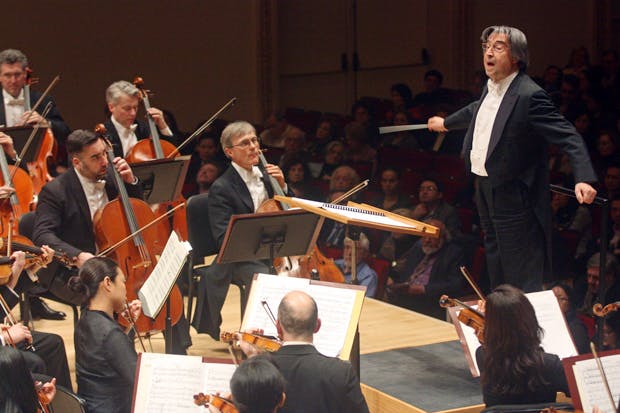
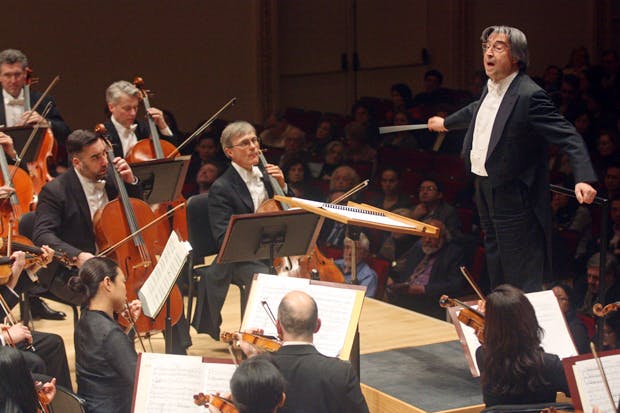

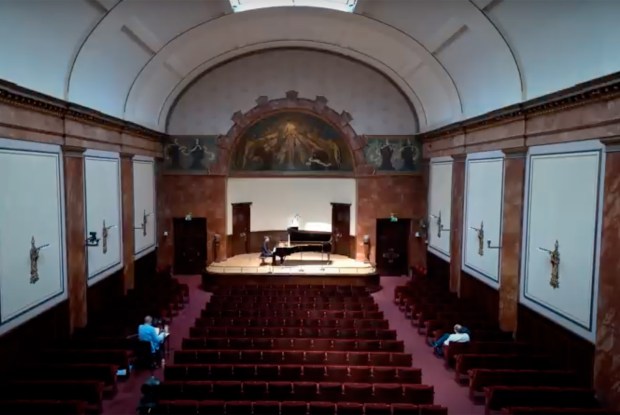
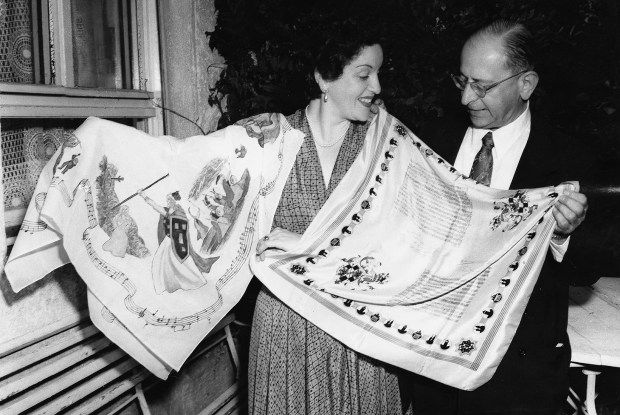
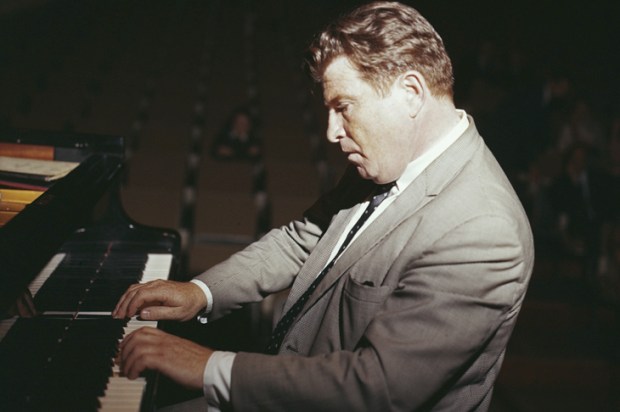
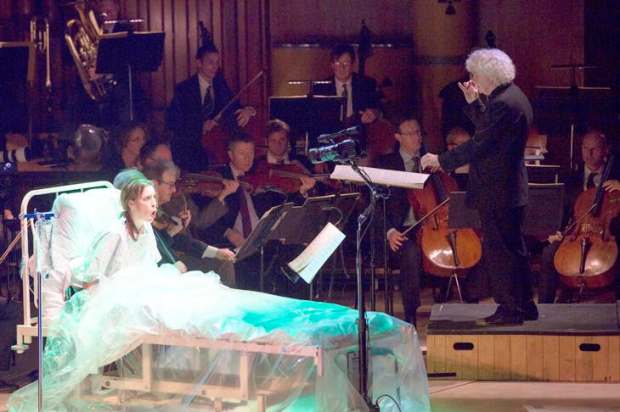






Comments
Don't miss out
Join the conversation with other Spectator Australia readers. Subscribe to leave a comment.
SUBSCRIBEAlready a subscriber? Log in